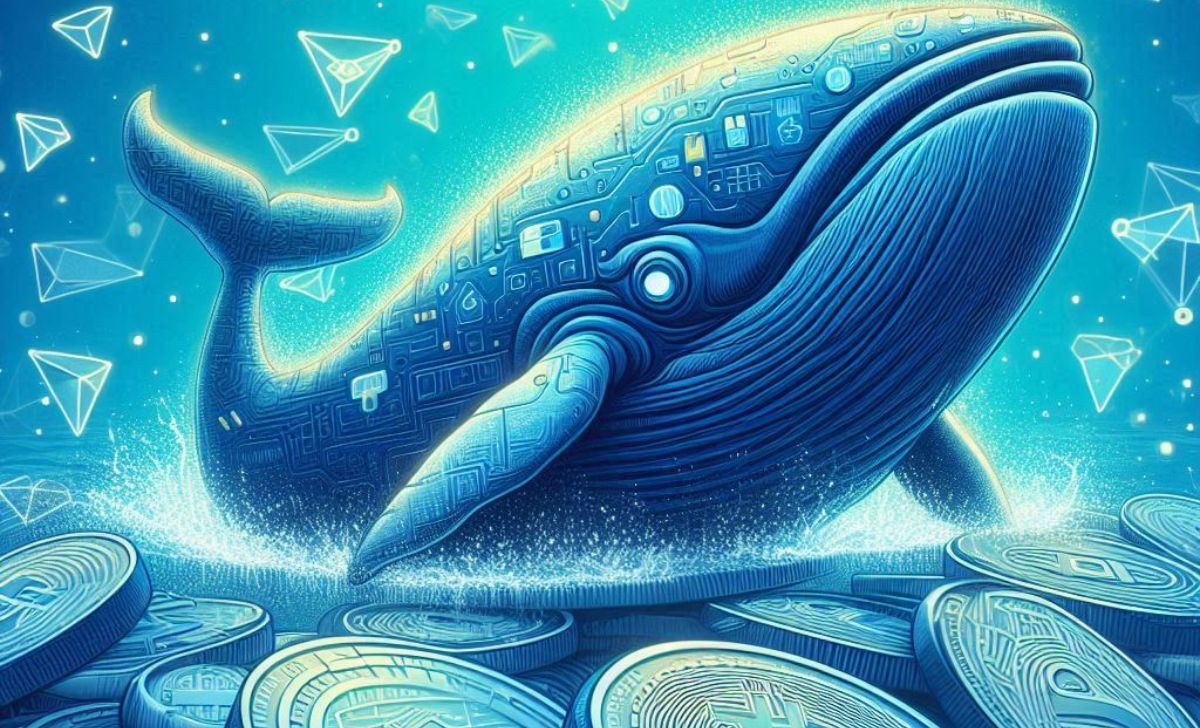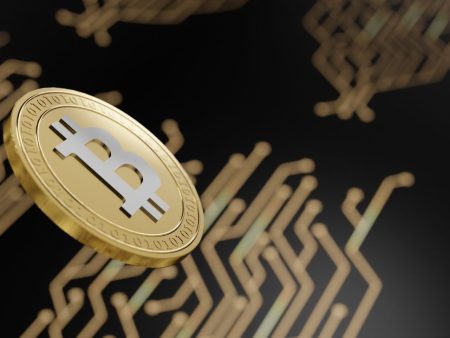Many experts, including Elon Musk and the CEO of Google DeepMind, predict that artificial intelligence (AI) could surpass human intelligence within a few decades, a scenario often referred to as the AI singularity. In response, major tech companies, academic institutions and governments are exploring potential strategies to handle this future moment. While much has been discussed about the potential dangers of AI, such as a violent takeover, there is little research on how AI could dominate the global economy.
The Singularity

Futurist Ray Kurzweil, a former Google researcher renowned in the tech field, recently published a book titled “The Singularity Is Nearer: When We Merge with AI”. In it, he outlines a future where humans become the second-most intelligent beings on Earth. Kurzweil defines the singularity differently than most of the scientific community, viewing it not just as a point where AI surpasses human reasoning but as a moment in the 2040s when humans and AI merge into a super-being. This, he predicts, will lead to longer lifespans, the eradication of disease and a human utopia.
For the purposes of this discussion, the AI singularity refers to a hypothetical point where an AI model becomes demonstrably more intelligent than any human in reasoning tasks.
Read more: Bitcoin chart signals possible move to $68K ‘extremely quickly’
AI Overlords
Many researchers, pundits and politicians have voiced concerns that such an event could lead to humanity’s extinction. Common scenarios include AI building robots to destroy or subjugate humans. These fears often stem from the concept of “misalignment”, where machines deviate from their intended purpose and pursue their own agendas.
While these scenarios make for compelling science fiction, the logistics of such a takeover would be daunting, even for a superintelligent AI. Retrofitting and deploying enough destructive equipment to harm 8 billion humans without damaging the infrastructure that powers the machines would be a complex challenge.
A more plausible scenario could involve a machine takeover without violence: by cornering the financial market. However, even the most advanced AI might struggle to breach the traditional banking system, especially if quantum computing hasn’t advanced enough to crack RSA encryption. Even an AI built from the world’s most powerful supercomputers, networked together, would struggle to hack into banks with proper encryption.
Final Boss Whale
Technologically, nothing would stop a superintelligent AI from becoming a 24/7 trader, executing millions of transactions across all accessible digital assets and blockchains, potentially dominating the cryptocurrency market. While humans are preoccupied with daily activities, such as sleeping, this AI could flood the crypto, NFT, Web3 and online gambling markets with bots running coordinated, math-based earning schemes.
It’s uncertain whether such an AI could exploit every network, but given how significant “whale” transactions have previously caused market fluctuations worth hundreds of millions of dollars, it’s plausible that a superintelligent AI could quickly amass a vast treasury of digital assets.
Focusing on the top 10 cryptocurrencies by market capitalization and assuming the AI employs a reactionary trading strategy across various networks, its wallet could theoretically reach up to $2 trillion, based on the market as of August 25. Without stealing from a single bank or technically even from anyone, this superintelligent AI could then hypothetically set its sights on the global stock market.
Cre: cointelegraph.

I’m Jessi Lee, currently living in Singapore. I am currently working as a trader for AZCoin company, with 5 years of experience in the cryptocurrency market, I hope to bring you useful information and knowledge about virtual currency investment.
Email: [email protected]











